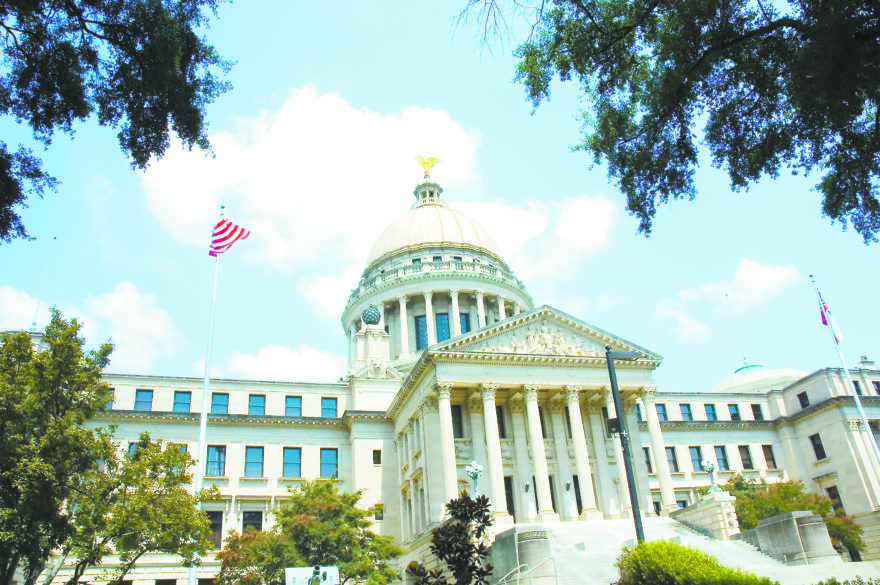By Andre de Gruy
JACKSON – Mississippi Legislature wrapped up their 2019 work early but not without passing several criminal justice-related bills. All three are now on the Governor Phil Bryant’s desk awaiting his signature.
HB 1352, the Criminal Justice Reform Act of 2019, went through several changes during the session.
The final version focused on updating drug court statutes to facilitate different types of “intervention” courts such as mental health courts as well as ensuring people have access to the programs primarily through fee waivers. The oversight commission membership was expanded to include a person with a background in mental health to reflect the broader scope. While some drug courts were allowing medically-assisted treatment the new law will mandate this when appropriate. These treatment methods although controversial have strong support from the medical community as one of the best evidence-based methods to treat opioid addiction.

Some of the other features of HB 1352 are designed to help people reentering society from jails or prison. People will no longer face a driver’s license suspension for an inability to pay a fine or for a drug conviction that is unrelated to operating a vehicle. The “Scarlet F” of a felony conviction that follows tens of thousands of Mississippians for their lifetime, preventing many from fully participating in the economy, their families, and their communities, will be easier to remove. Expungement, whipping a conviction off a person’s record, will be available to more nonviolent offenders.
People exiting prison to post-release supervision or parole will have an additional 30 days to get on their feet before they have to start paying supervision fees. Finally, people with drug convictions will no longer face a lifetime ban on receiving SNAP benefits.
SB 2781, the Fresh Start Act, is aimed at ending automatic bars to securing an occupational license because of a conviction of a crime unrelated to the field. For example, many people become skilled barbers in the correctional system yet can’t get a license upon their release.
Another important bill is SB 2328, the Forensic Mental Health Act. This bill amends forensic mental health statutes to facilitate faster administration of justice, relieve burdens on sheriffs and insure constitutional protections for criminal justice system involved people with mental health concerns. Approximately 20 percent of Mississippi’s jail population suffers with a serious mental illness. In a relatively small number, probably less than 20 people a year, the illness is so severe they are not competent to be prosecuted and cannot be restored to competency. This act is designed to speed up evaluations to make this determination and to expedite moving the person from the jail to a hospital.
In addition to the changes in the “intervention” courts in HB 1352, the Legislature appropriated additional funds to the Supreme Court to update the data system used to track and evaluate the courts and to facilitate development of mental health courts.
While all of this is good there is still much left to do. These new laws will have little if any impact on the state’s large prison population. Despite significant decreases in prison population after the 2014 reforms, Mississippi only moved from number two to three in incarceration rate. Prisons all over the state remain overcrowded, putting guards and inmates in jeopardy and diverting money from recidivism reduction and reentry programs to security needs. To avoid significant increases in corrections spending – taking money away from education, health care and other important needs – Mississippi’s institutions will need to continue reforms in 2020 with the intent of safely reducing the prison population.
(André deGruy is a member of St. Richard Parish, the diocesan Faith In Action Team and The Mississippi State Public Defender.)
